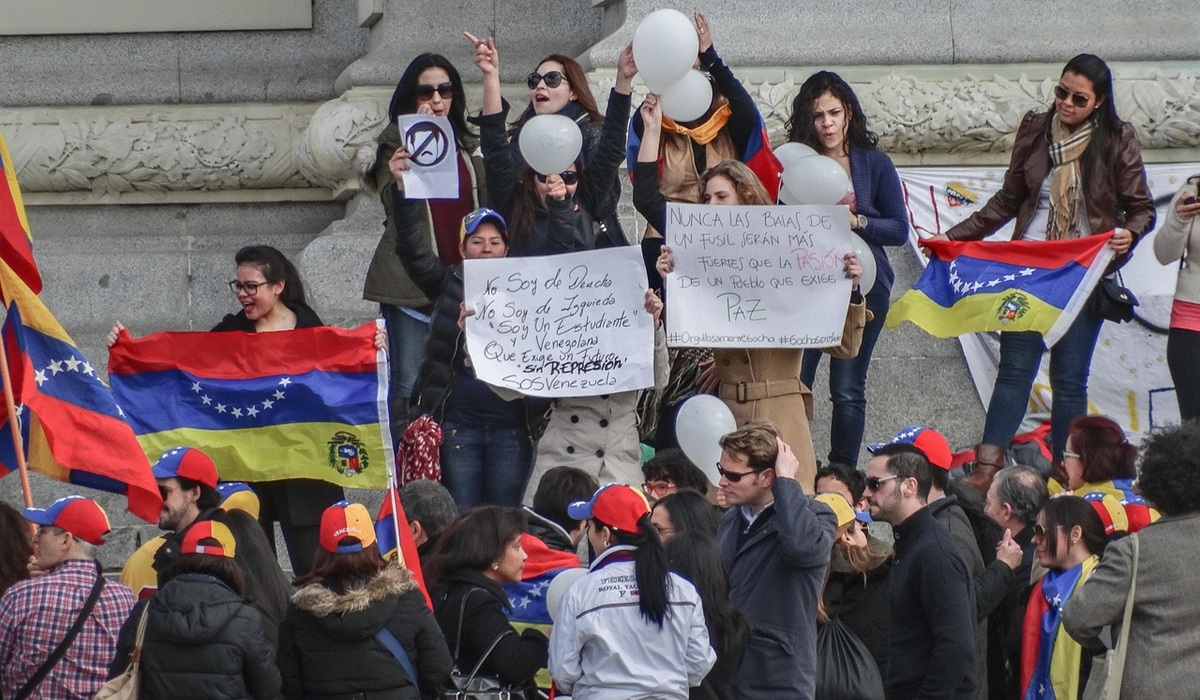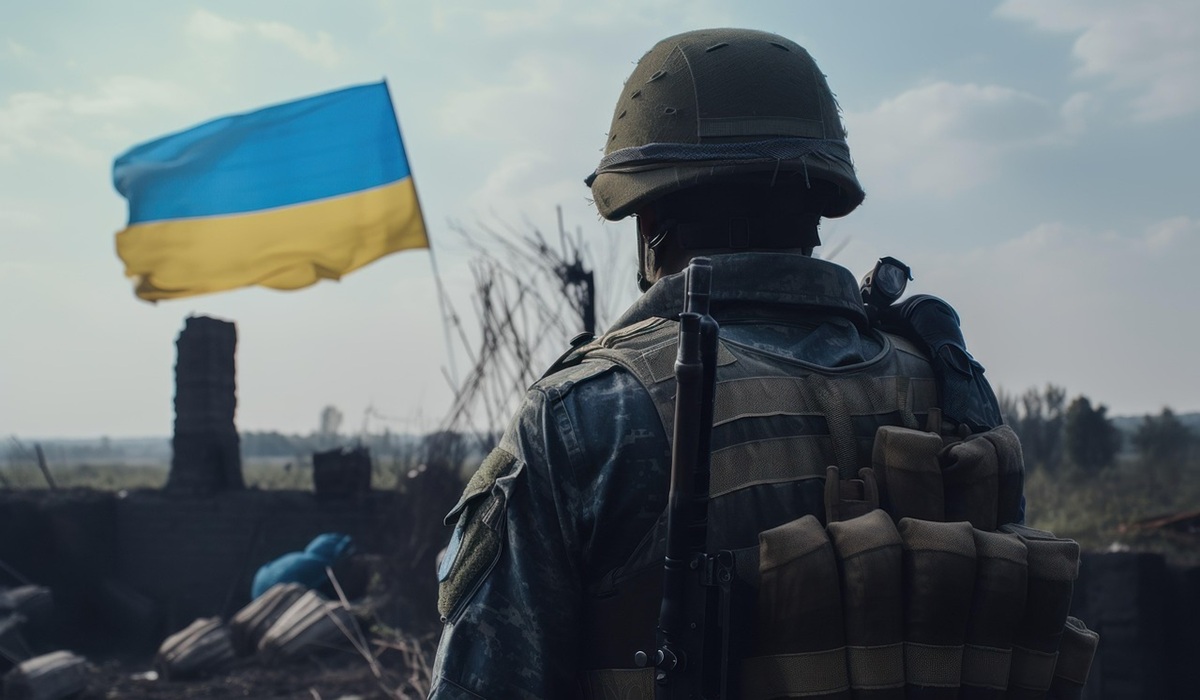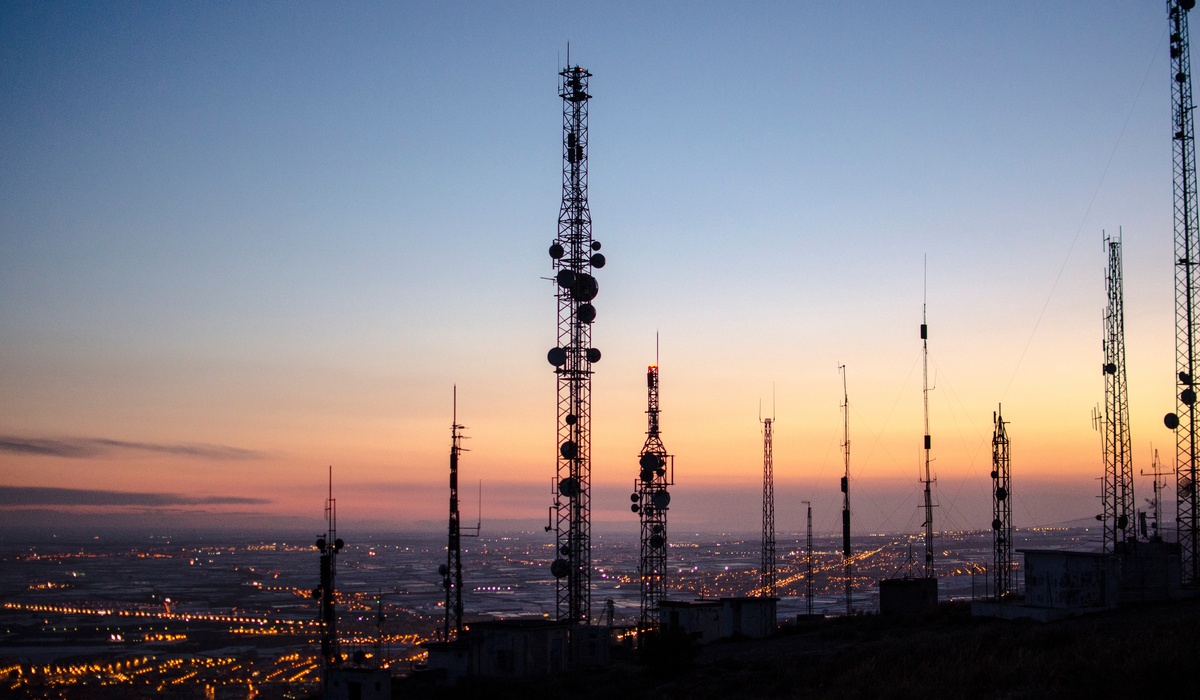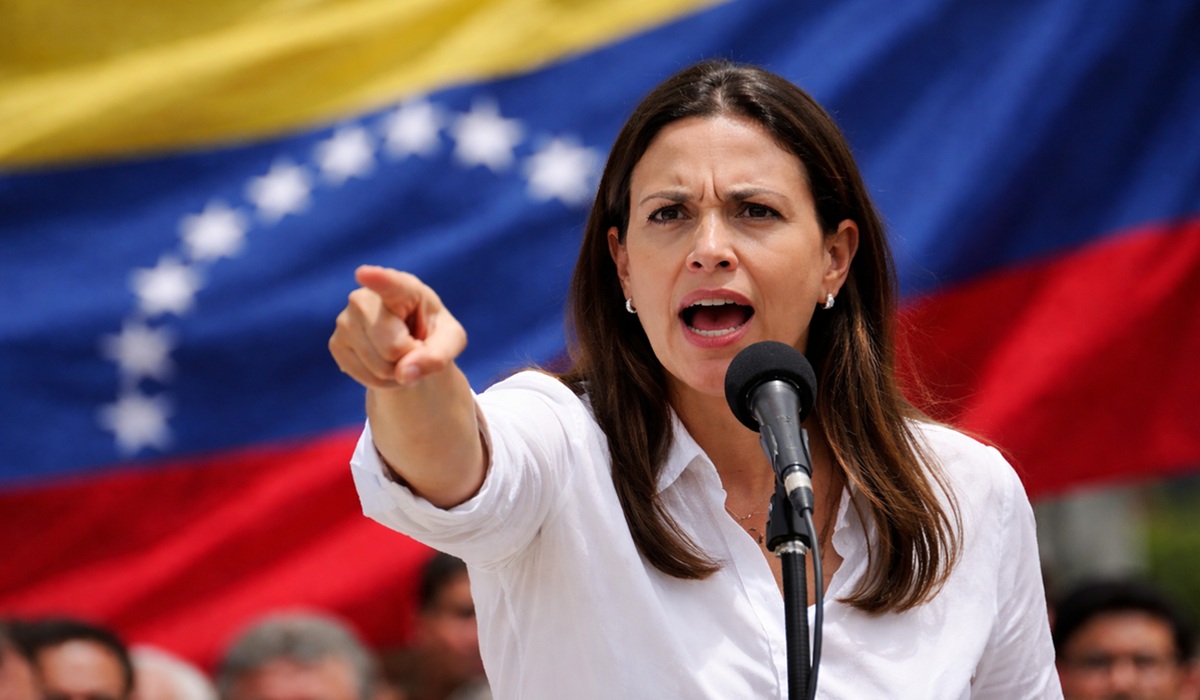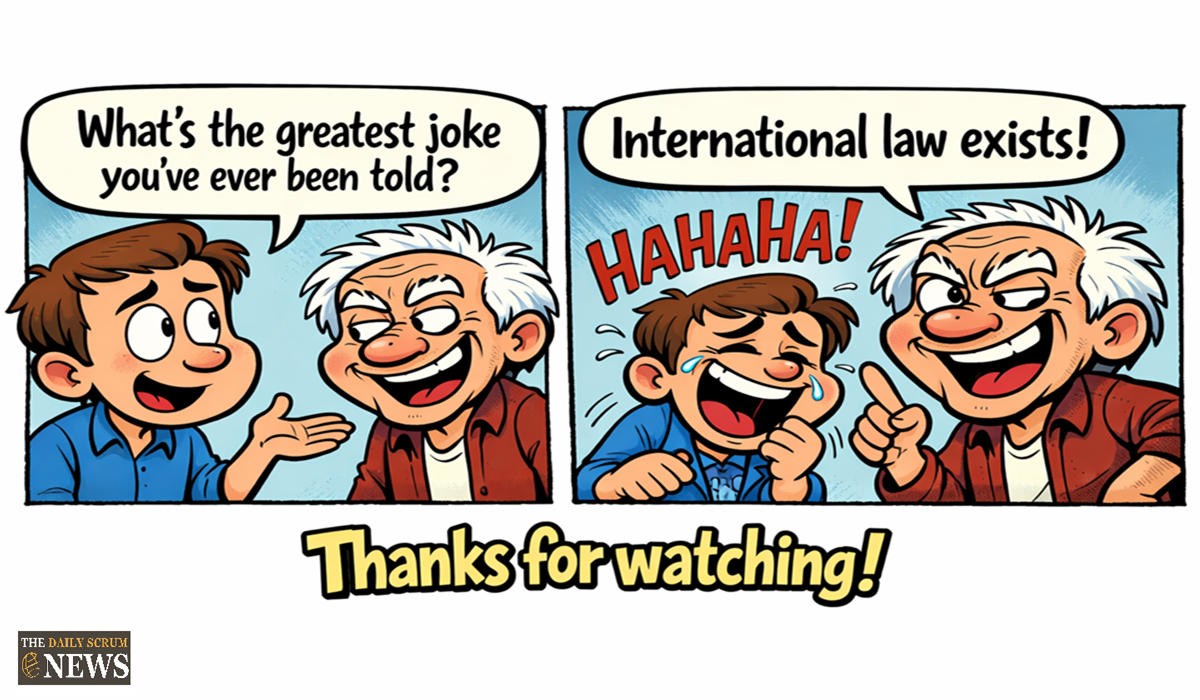Currency Wars and Colonial Echoes: Ghana’s Strength Shakes the IMF
- TDS News
- Business
- Africa
- Trending News
- August 1, 2025
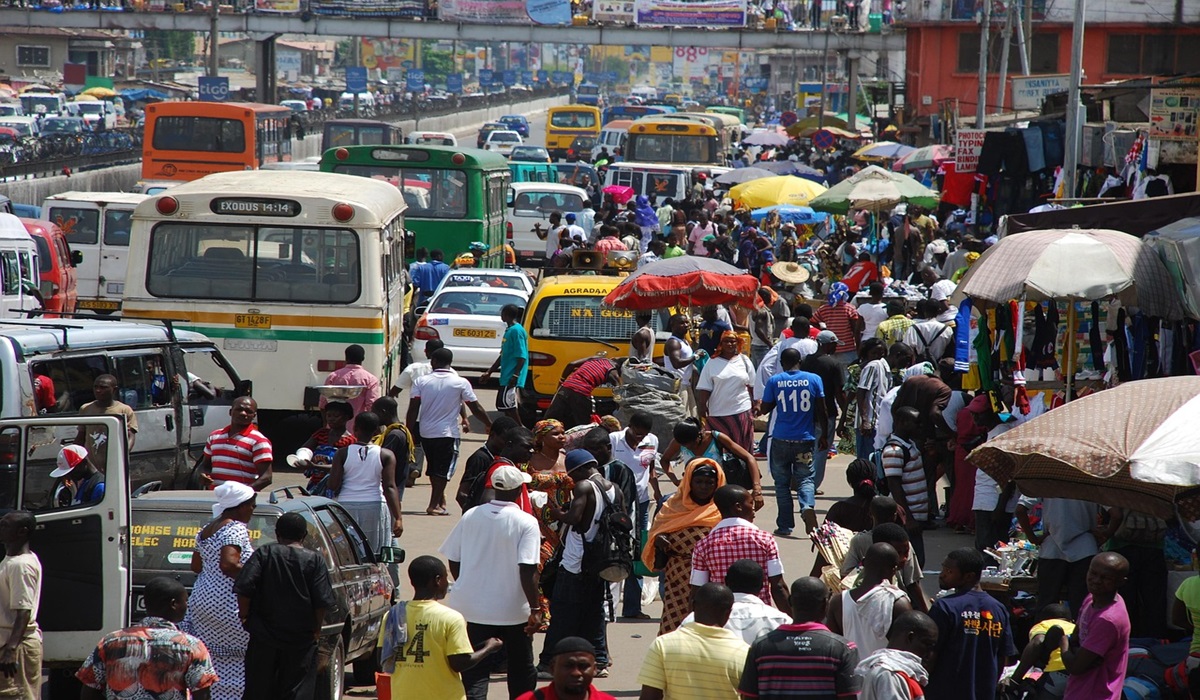
Image Credit: Jozua Douglas
The International Monetary Fund is at it again. Like an aging colonial gatekeeper clutching its crumbling rulebook, the IMF has taken issue with Ghana—yes, Ghana—for doing what every sovereign nation on Earth aims to do: stabilize its currency, protect its economy, and improve the lives of its citizens. Ghana’s crime? Its currency, the cedi, has been performing so strongly that, for the first time, it outpaced the almighty US dollar. Instead of applause, the West’s financial watchdogs are hurling accusations of manipulation and issuing veiled threats cloaked in economic jargon.
Let’s not mince words—this is economic bullying.
Rather than praising Ghana for achieving what developing nations are constantly told to aspire to—a stable, trusted currency—the IMF responded with indignation. Their message, thinly veiled under “market-based principles,” reeks of condescension and hypocrisy. Ghana is being scolded for succeeding. It is being punished for showing that African countries, when left to manage their own economic levers, can chart a path of sovereignty and growth.
The most blistering truth was aptly captured by Dr. Arikana Chihombori-Quao, former African Union Ambassador to the United States and one of the most outspoken Pan-African voices of our time:
“When African currencies are low, we’re lectured about structural adjustment policies. When they’re high, we’re lectured about currency manipulation.”
This is not merely a quote. It is an indictment of decades of economic double standards enforced by institutions like the IMF.
The IMF’s discomfort with Ghana’s rising cedi is not just economic; it’s ideological. A strong African currency is a threat to a system designed to keep African nations tethered to dependence. The modern IMF—despite its claims of being an impartial arbiter of financial stability—has always had a colonial undertone. Created in 1944 at the Bretton Woods Conference, the IMF was birthed alongside the World Bank in a global order crafted by and for the post-World War II powers. Its founding members were the United States and its Western allies. Africa, still colonized at the time, had no voice in its formation. So whose interests was it really designed to protect?
Despite its rebranding over the years, the IMF’s playbook remains the same: Offer loans to struggling countries in exchange for strict economic reforms, many of which lead to social austerity, weakened public sectors, and a continued cycle of dependency. It is a system that has gutted healthcare systems, destroyed food sovereignty, and undermined local industries across Africa for generations.
Now Ghana dares to rewrite the script. After years of economic turbulence and inflation, the Ghanaian government and its Central Bank have implemented sound monetary policies to stabilize the cedi. These include tightening monetary supply, leveraging remittances, and building credible foreign reserves. In a normal world, this would be hailed as a prudent macroeconomic strategy. But Ghana is not allowed to win in the eyes of the IMF—not without strings attached.
So here come the insinuations: that Ghana is propping up its currency artificially, that it must let “market forces” take the reins. But where were these same free-market preachers when Western central banks like the Federal Reserve intervened with quantitative easing for years? Where is the outrage when the European Central Bank or Bank of Japan props up their financial markets? When the U.S. defends the dollar through every conceivable backdoor, it’s called “prudent intervention.” When Ghana does it, it’s “currency manipulation.”
The duplicity is staggering.
What troubles the IMF isn’t the health of Ghana’s economy—it’s the health of Ghana’s independence. A strong cedi means Ghana can borrow on better terms. It means imports become cheaper, easing inflation and lowering the cost of living for Ghanaians. It means more power in trade negotiations and less reliance on predatory lending. And worst of all—from the IMF’s perspective—it signals a future where African nations might one day stop picking up the phone when Washington or Brussels calls.
That scares them.
What Ghana is doing is not manipulation. It is sovereignty. It is refusing to drown in debt or be lectured by foreign technocrats who’ve never set foot in Kumasi or Accra. It is about the right of African governments to chart their own financial destiny, just like any country in the G7.
The broader pattern here is clear. Africa is not meant to rise in this rigged game. The IMF was not built to nurture strong African economies; it was built to contain them. To discipline them. To remind them of their place. For every African success story, there’s an IMF analyst waiting to cast doubt, to demand “structural adjustments,” to handcuff domestic policy to the whims of foreign capital.
But perhaps the tides are turning. Perhaps Ghana’s rising cedi is more than an economic milestone. Perhaps it is a signal to other African nations that the old shackles can be broken. That the continent is no longer content to be a laboratory for failed policies and double standards.
The IMF doesn’t get to define the future of Ghana—or any African nation. The era of paternalistic economics must end. Africa is not a child to be disciplined for succeeding too much. Ghana should wear its rising currency like a badge of honour—and the rest of Africa should take note.
Let them call it manipulation. We’ll call it freedom.


